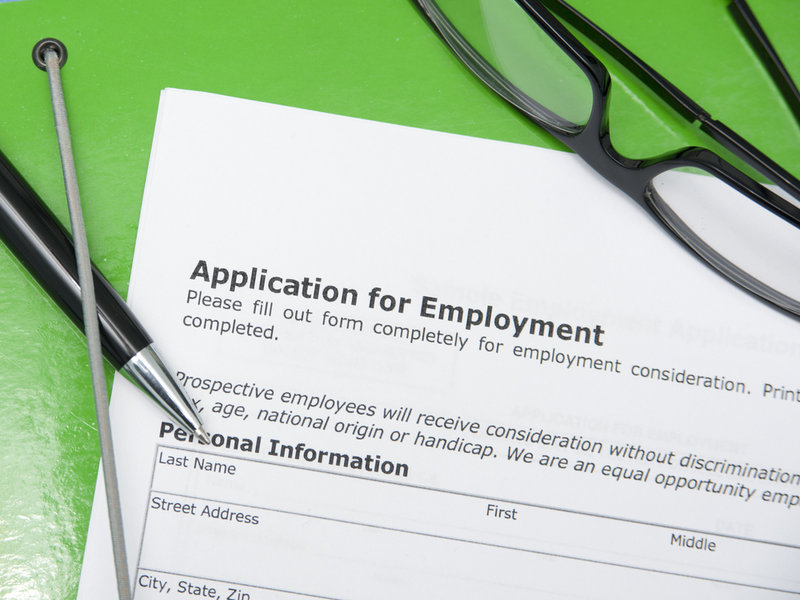The ability to get and keep a job is a cornerstone of a healthy, productive adult life. That’s why it’s so important to get teenagers ready for the working world.
And if it’s true for students who live at home and go to high school, it’s doubly true for young people who are incarcerated and who need to develop skills for independence and success.
So the presence at Maine’s two juvenile detention centers of a successful job-training program for at-risk youth would seem to be something to cheer. Instead, the contract between Jobs for Maine’s Graduates and the Maine Department of Corrections has come to an end, and the state has signed a contract with another nonprofit without the same record of success.
The finger-pointing about why the contract isn’t being continued likely will go on for a while. We hope the blame game doesn’t overshadow what really matters: maintaining a high-quality program that educates and advocates for young people who need somebody on their side, to both their benefit and society’s own.
Jobs for Maine’s Graduates — which has been at Maine’s public schools for 20 years and at the state’s juvenile detention centers since the early part of this decade — has an excellent track record. High school graduation rates for its students regularly outpace the state average.
Eighty-five percent of its participants go on to a job, the armed forces or post-secondary training or education. Research shows that six years after high school, Jobs for Maine’s Graduates alumni, on average, are earning 14 percent more than their peers who haven’t gone through the program.
And this success hasn’t gone unnoticed. The Annie E. Casey Foundation has lauded the program for its “new and innovative approach” to serving incarcerated youth. During a time of cutbacks, Gov. LePage even proposed adding $600,000 to the program’s budget this past legislative session.
Without Jobs for Maine’s Graduates or a similarly effective job-training program, young people who leave juvenile detention face a bleak future. If they don’t have a job, they are more likely to again turn to crime.
But many incarcerated kids come from households where there’s no gainfully employed adult to serve as a role model. A job-training program is a place where at-risk youths can learn how to write a resume, handle a job interview or cope with the challenges of the workplace — skills key to finding and maintaining employment.
Young people in juvenile detention also have other obstacles to gaining employment. They likely can’t count on their families to connect them with someone who might hire them. They need the advocacy that a good job-training program provides. The Annie E. Casey Foundation’s praise for Jobs for Maine’s Graduates cites its focus on fostering public-private partnerships that provide job-shadowing opportunities and post-graduation work. This is the kind of programming that needs to continue at Maine’s juvenile detention centers.
The cost of an ineffective job-training program is high. Young people lose opportunities to hold down a job, start a family and contribute to civic life. Society loses productive citizens who pay taxes, even as it has to fund social interventions. None of us can afford to forfeit the gains made by Jobs for Maine’s Graduates. The program’s successor must ensure that the effort continues.
Send questions/comments to the editors.



Success. Please wait for the page to reload. If the page does not reload within 5 seconds, please refresh the page.
Enter your email and password to access comments.
Hi, to comment on stories you must . This profile is in addition to your subscription and website login.
Already have a commenting profile? .
Invalid username/password.
Please check your email to confirm and complete your registration.
Only subscribers are eligible to post comments. Please subscribe or login first for digital access. Here’s why.
Use the form below to reset your password. When you've submitted your account email, we will send an email with a reset code.